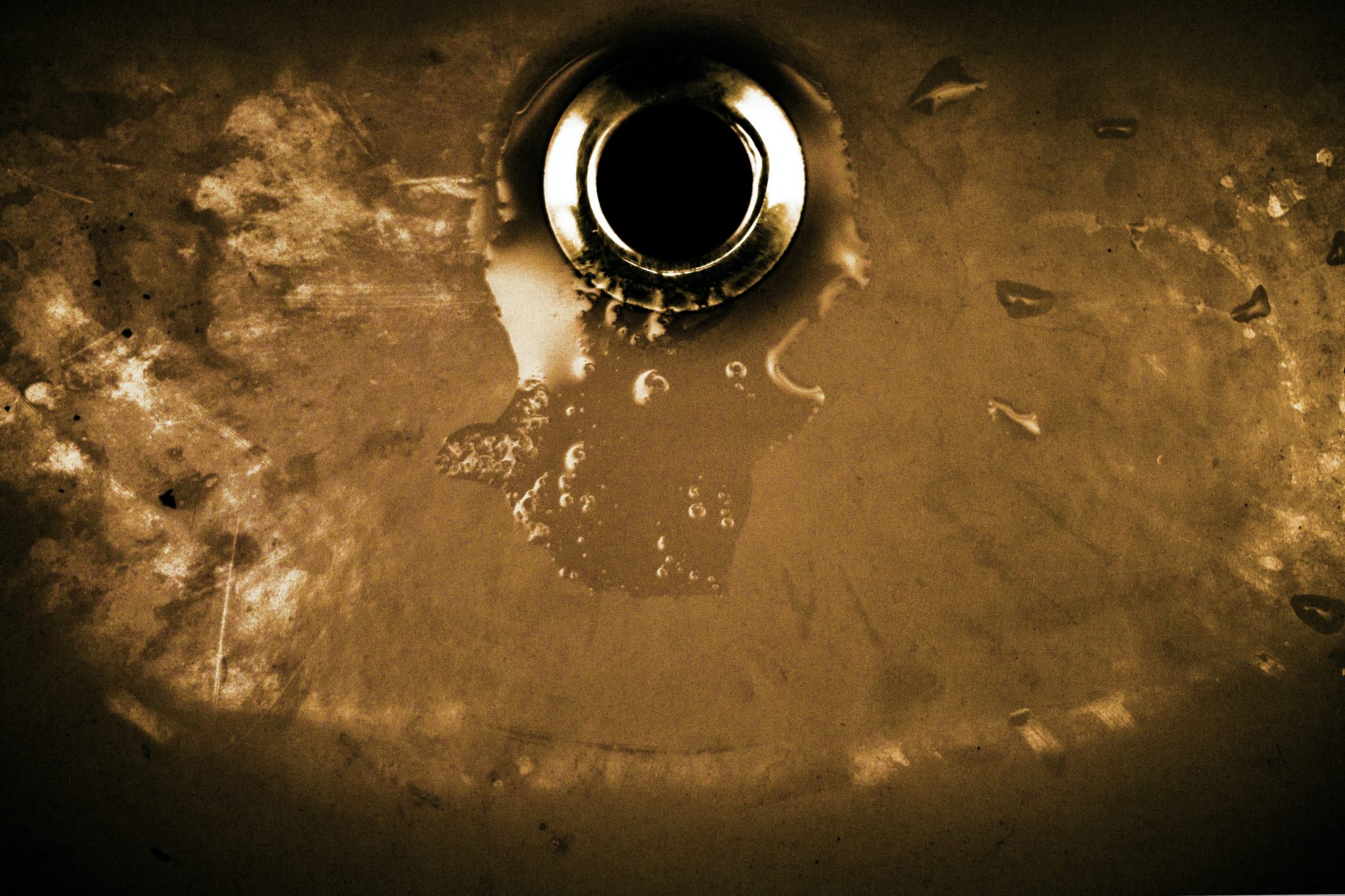
Controlling Septic Tank Smells in Your Yard: A Comprehensive Guide
The presence of unpleasant odors in your yard can be a source of frustration and embarrassment. If you're dealing with a septic system, it's important to understand that these odors often originate from the tank itself. Fortunately, there are several effective strategies to mitigate septic tank smells and reclaim the pleasant ambiance of your outdoor space. This comprehensive guide will provide you with actionable steps, expert tips, and preventive measures to keep your yard smelling fresh and inviting.
Understanding the Source of Septic Tank Smells
Septic tank odors are primarily caused by the breakdown of organic waste within the tank. Bacteria responsible for this decomposition release gases, including hydrogen sulfide (which smells like rotten eggs) and methane, which can escape into the surrounding environment. These gases are often the culprits behind unpleasant smells in your yard.
Factors Contributing to Septic Tank Odors
Several factors can influence the intensity of septic tank odors:
- Overloading the Tank: When the tank becomes overloaded with waste, it can lead to insufficient decomposition, resulting in a buildup of odor-producing gases.
- Faulty System Components: Cracked or damaged pipes, faulty vent stacks, or improper installation can allow gases to escape into the yard.
- Climate: Warm weather can accelerate bacterial activity and gas production within the tank, leading to stronger odors.
- Soil Type: Sandy or permeable soil can allow gases to escape more easily, contributing to odor problems.
- Yard Drainage: Poor drainage can trap moisture around the tank, creating an environment conducive to odor-producing bacteria.
Effective Strategies to Control Septic Tank Smells
Eliminating septic tank odors requires a multi-pronged approach that addresses both the source of the problem and potential escape routes. Here are some effective strategies to keep your yard smelling fresh:
1. Regular Septic Tank Maintenance
Proper maintenance is crucial to prevent odor problems. A regular septic tank pumping schedule is essential.
- Recommended Pumping Frequency: The frequency of pumping depends on tank size and household usage, but generally, it's recommended to pump every 3-5 years.
- Early Detection: Be vigilant for signs of a full tank, such as slow drains, gurgling sounds, or noticeable odors around the tank lid.
2. Inspect and Repair System Components
Regularly inspect the entire septic system for leaks, cracks, or other signs of damage.
- Tank Lid: Ensure the tank lid is securely closed and free of cracks or gaps that could allow odors to escape.
- Vent Stack: Check the vent stack for blockage or corrosion. If the vent stack is blocked or damaged, gases can be trapped in the system, leading to odor problems.
- Drainfield: The drainfield, where wastewater is treated, should be inspected for signs of clogging or damage. If the drainfield is failing, it can lead to a backup of waste and odors.
3. Improve Yard Drainage
Poor drainage can create a breeding ground for odor-producing bacteria.
- Grading: Ensure proper grading around the tank, leading water away from the area and preventing pooling.
- French Drains: Install French drains to direct excess water away from the tank and prevent saturation of the soil.
4. Natural Odor Absorbers
Several natural remedies can help absorb and neutralize odors:
- Activated Carbon: Place activated carbon filters or bags near the tank to absorb odors.
- Baking Soda: Sprinkle baking soda around the tank lid or in areas where odors are strongest.
- Coffee Grounds: Coffee grounds can absorb odors and help break down waste in the tank.
- Vinegar: Pour white vinegar down drains to deodorize and clean pipes.
5. Aerate the Soil
Aerating the soil around the tank can help disperse gases and prevent odors from accumulating.
- Core Aeration: This involves using a specialized tool to remove plugs of soil, allowing air to circulate and improve drainage.
6. Prevent Overloading the Tank
Avoid overloading the septic tank by practicing good hygiene habits and minimizing water usage:
- Avoid Flushing Unnecessary Items: Do not flush disposable wipes, paper towels, or other non-biodegradable materials down the toilet.
- Conserve Water: Take shorter showers, fix leaky faucets, and use water-efficient appliances to reduce wastewater volume.
- Dispose of Fats and Oils Properly: Avoid pouring fats, oils, and grease down the drain, as they can clog pipes and disrupt the septic system.
7. Consider Professional Services
If odors persist despite implementing these strategies, it's advisable to contact a professional septic tank service for further assistance.
- Tank Inspection: A qualified technician can inspect the tank and identify any underlying issues that may be contributing to the odor problem.
- System Repair: They can address repairs or replacements needed for faulty system components.
- Odor Mitigation: Professional services may offer specialized odor mitigation solutions if necessary.
Preventive Measures for Long-Term Odor Control
By implementing preventive measures, you can significantly reduce the risk of septic tank odors:
- Schedule Regular Inspections: Regular inspections of the system, even when no odor problems are present, help identify potential issues early on.
- Maintain Proper Yard Drainage: Regularly check the grading around the tank and ensure that water flows away from the area.
- Educate Household Members: Educate all household members about proper septic system usage and the importance of avoiding overloading the tank.
Conclusion
Controlling septic tank smells in your yard requires a proactive approach that involves both maintenance and preventive measures. By addressing the source of odors, inspecting system components, and implementing appropriate solutions, you can keep your yard smelling fresh and enjoyable. Regular maintenance, proper drainage, and responsible system usage are crucial for long-term odor control and a healthy septic system.






0 comments:
Post a Comment
Note: only a member of this blog may post a comment.